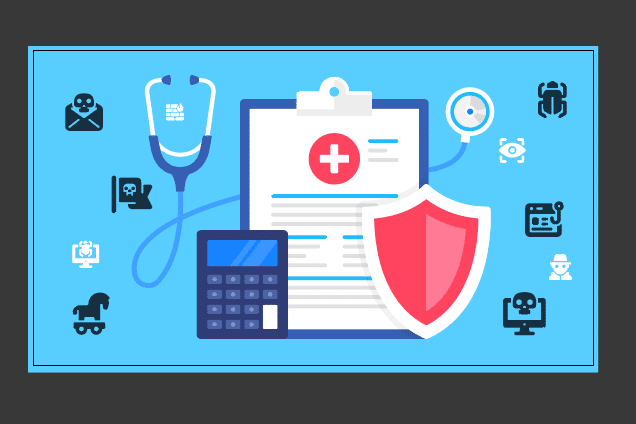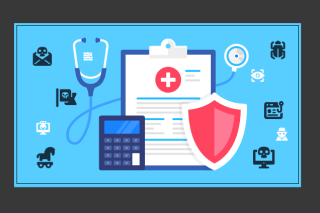Blog
Ransomware attacks in healthcare have seen a rise, especially during the Covid-19 pandemic.
The opportunities created by the covid outbreak, including the critical state the hospitals were operating during that period saw shortages of staff, beds and medical equipment. Compounding to the risks the healthcare industry was considered a high-profile target for ransomware attacks. All these factors led to a perfect storm for cyber-criminal activity.
The bad actors knew doctors had a code of conduct to saving lives. So, they understood the doctors would most likely favour paying the ransom.
Phishing has been a very affective way for delivering ransomware attacks. It has been a popular choice for bad actors because of its high success rate. Threat actors are getting more sophisticated in their tactics providing highly convincing luring email links or attachments to get the victim to activate the ransomware payload.
Ransomware attacks have resulted in major healthcare disruptions causing some serious ramifications including death of a newborn baby in 2019. This attack caused the heart rate monitors to fail which resulted the baby suffering a fatal brain damage. Other disruptions affected by ransomware were chemotherapy treatments been delayed, crashing computer systems which prevented ambulances from emergency response and hospitals turning away patients.
If you are concerned that you are vulnerable, REZILENS is offering a complementary discussion to see how we can help. Please contact us for more information.
Cybersecuirty Business Development Lead


